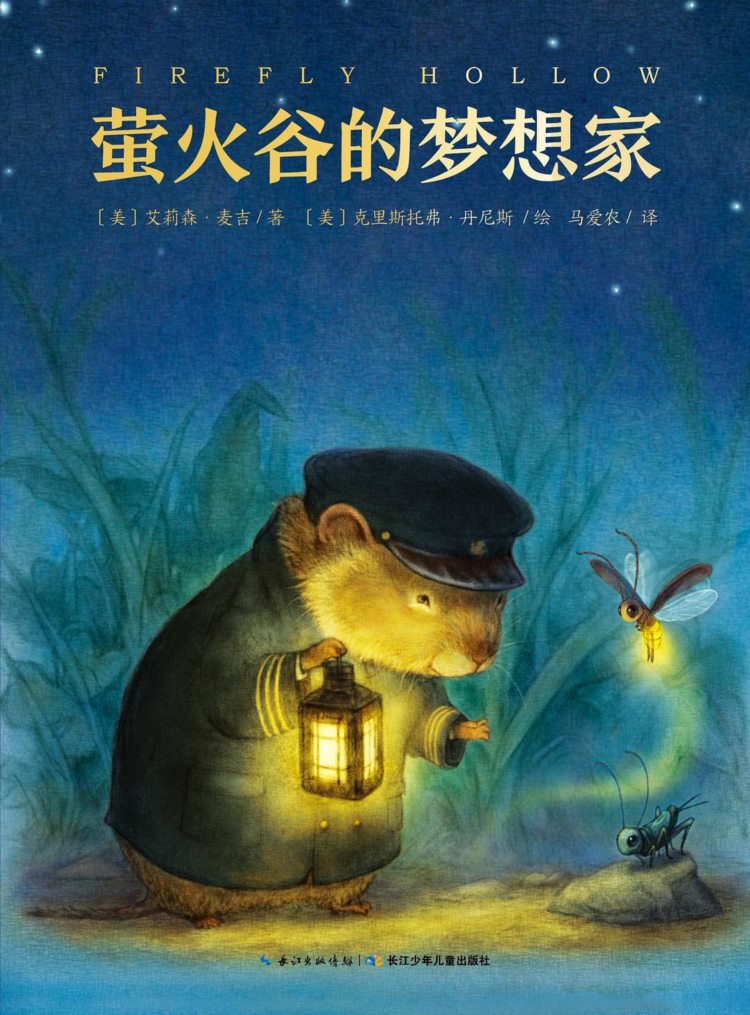
《疯癫与文明》疯狂与文化:无边界的反思
书名:疯癫与文明
1
0

高贵小皇后 2023-05-13 03:52:49
Stigma (of mental illness) is a familiar concept - although the concept of mental illness may not be synonymous with the authors description of "insanity", the perspective can be compared. Most criticisms of stigma that I hear today tend to focus on the phenomenon itself, or on seeking ways to weaken it. For example, one of the topics of my graduation thesis is to study how to interrupt the propagation path of perceived social stigma and self-stigma (however, as long as people live in a social system, it is unlikely that this path will be broken, only with differences in coefficients). However, how stigma is constructed as a research object is rarely mentioned. It is taken for granted that this concept is accepted, and then normality is discussed as defined by the majority. As a result, it is apparent that studying psychology alone is not enough, as psychology thinking is on the right side of the time axis, but there is no attention paid to the past of the research object. As a scientific psychology, what is obtained is only a result under certain conditional limitations, with no explanation, no detailed analysis - and yet the field of explanation is labeled as pseudo-science (such as psychoanalysis). Studying only humanistic psychology counseling, or the so-called peer approach, is also not enough, as they seem to resolve some kind of condescending philanthropy, and appear to have scientific evidence supporting their effectiveness, with some benefits that cannot be understood by empiricism. It is necessary to understand history, how families/societies/nations were built, how capitalism developed, how religion evolved, and how civilization evolved. However, understanding is only the first step, and it is even more difficult to make the leap from what to how. Will art be the answer? Foucaults exploration of the relationship between art and madness in the end - "Madness only exists in the last moment of a work of art, as the work of art constantly drives it to the edge. Where there is a work of art, there will be no madness. However, madness and art begin and end together, because madness makes the authenticity of the work of art emerge. The moment when the work of art and madness are born and become reality is also the time when the world discovers that it is being challenged by that work of art, and is responsible for the nature of that work" - has uplifted my shallow understanding of art and madness in the past. I dont know why, but when I read this paragraph, Hegels "absolute knowledge": "knowledge is the consciousness of self in its own state of consciousness" came to mind, although I dont really understand Hegel. Maybe they convey similar meanings. (Corrections welcome)
相关推荐
萤火谷的梦想家
艾莉森•麦吉出生于1960年,是美国《纽约时报》畅销书作家,同时也是大都会州立大学创意写作课的教授。她的作品被翻译成20多种语言并出版,也曾被提名普利策奖,并获得苏斯博士奖金奖、克里斯托弗图书奖、美国 [美]艾莉森•麦吉/[美]克里斯托弗•丹尼斯/绘 2023-03-27 16:50:25鬼马女神捕1·绝密卧底(上)
腹黑凤凰vs毒舌鸡妖——蓝翎:“小姬,跟我去人界吧!”姬十四:“干吗?让人宰了我做小鸡炖蘑菇吗?”蓝翎:“不啊,让妖怪宰了你做小鸡炖蘑菇更气派。”凤凰蓝翎和鸡妖姬十四生活在无忧无虑的灵界。他们的故乡叫 郝天晓 2023-04-17 00:22:47© 2023-2025 百科书库. All Rights Reserved.












发表评价